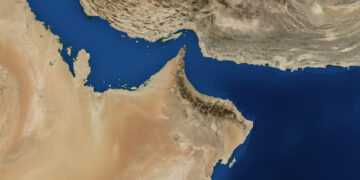Steps from historic Durban Climate Change Conference
Governments meeting in Bonn embark on next steps Governments meeting in Bonn embark on next steps following historic Durban Climate Change ConferenceBonn, 14 May 2012 - Building on the historic results of the Durban Climate Change Conference last year, governments on Monday embarked on the next essential steps required to curb global greenhouse gas emissions and help developing countries adapt to the inevitable effects of climate change.The meeting will be the first opportunity to assess and to continue to implement the results of the Durban conference, and is also designed to prepare decisions for adoption at the UN Climate Change Conference in Doha at the end of 2012."Durban was a turning point, where governments agreed tasks and timelines that give the best chance of avoiding the worst of future climate change. We now need to maintain the momentum, to constantly keep turning political decisions into action," said Christiana Figueres, UNFCCC Executive Secretary.Ms. Figueres said that the meeting in Durban had put the world on a clear path towards greater ambition, yet a gap still remained between the agreed goal of a maximum 2 degrees Celsius global temperature rise and the current, global effort to stay below that level. According to ...
Read more




















































